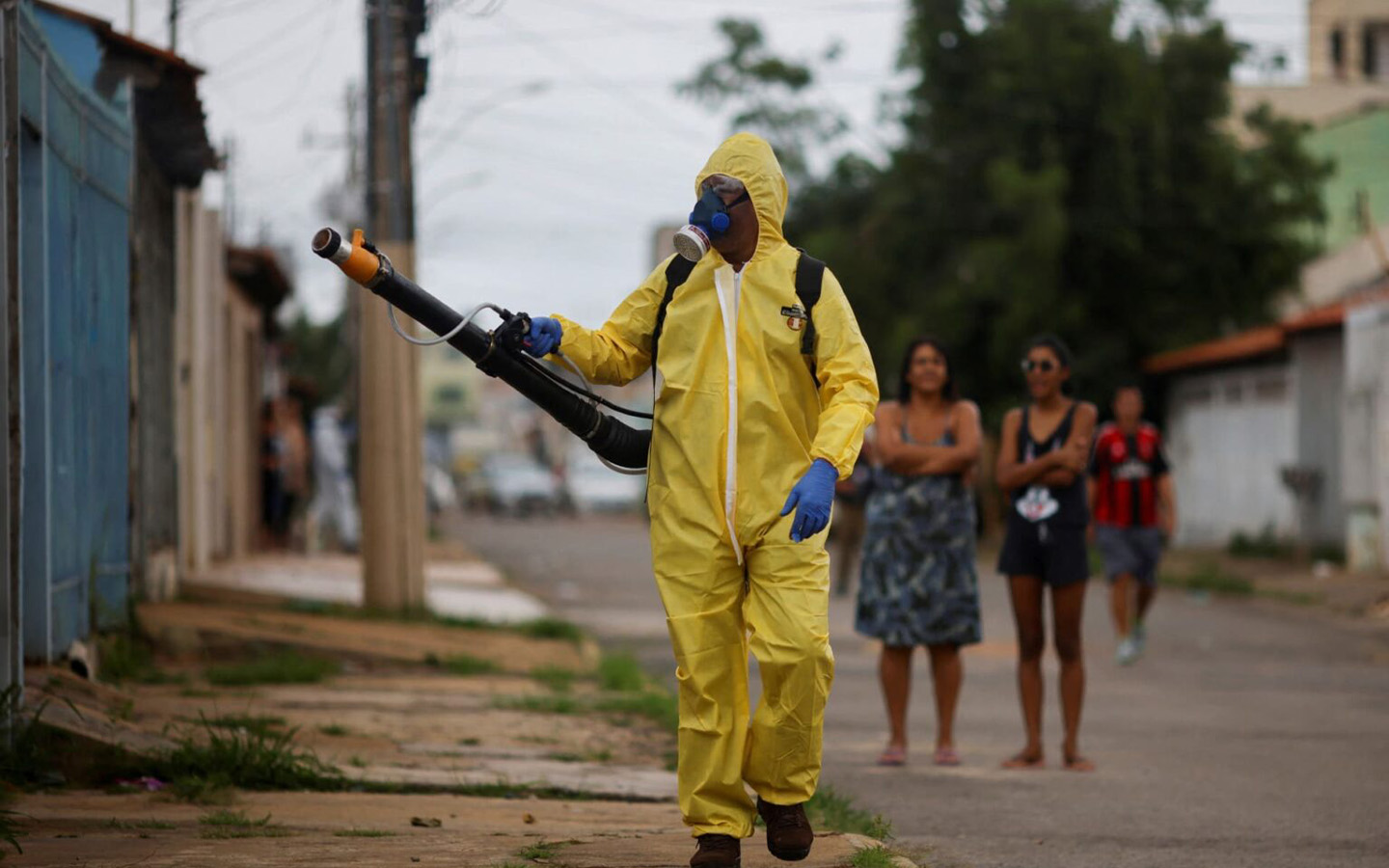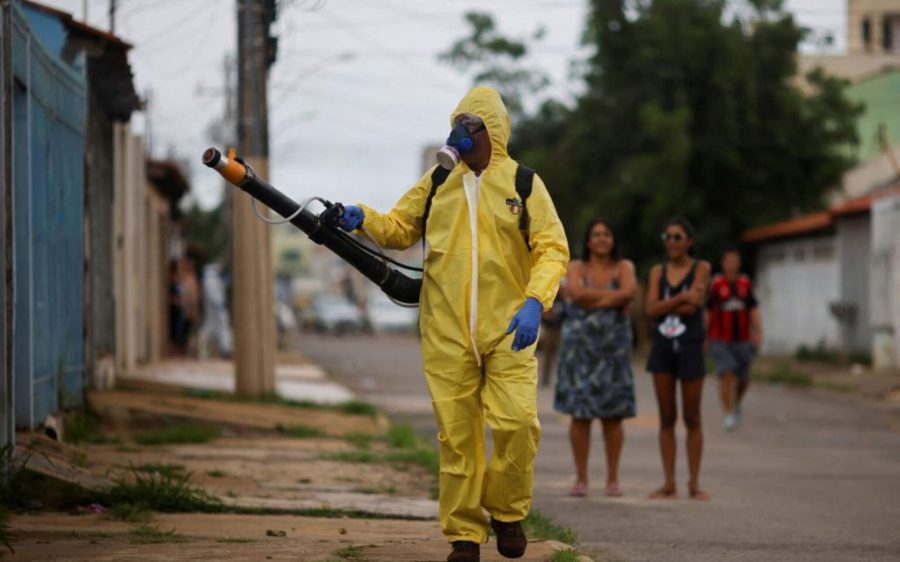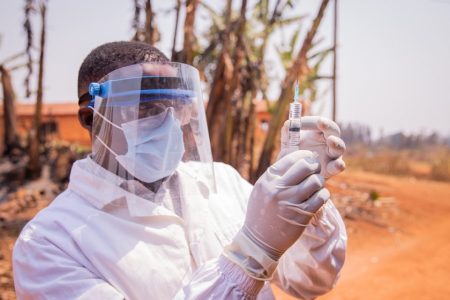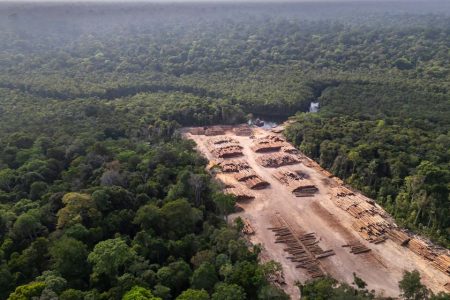Rio de Janeiro declared a public health emergency on Monday, the outbreak of dengue fever coming just days before Carnival celebrations kick off across Brazil, AP reports.
The municipal government announced the opening of 10 care centres, the creation of an emergency operations centre and the allocation of hospital beds for dengue patients. Authorities will also deploy so-called smoke cars in regions with the highest case rates, diffusing an insecticide in the air.
The outbreak is not expected to impact Carnival, although audiences at the 90,000-seat Sambadrome will receive repellents, stickers, bandanas and hats warning about the disease as well as a short notice about the fight against the mosquito-borne disease.
[See more: Hong Kong foundation launches public health pilot project in Timor-Leste]
Rio has already registered more than 10,000 dengue cases – nearly half that of the total figure (23,000) for 2023. It isn’t alone. Brazil recorded more than 280,000 cases in the first four weeks of 2024, a 301 percent increase over the same period last year, prompting similar public health emergency declarations in three other Brazilian states (Acre, Minas Gerais and Goias) as well as the Federal District.
Frequent rains and high temperatures, which speed up the maturation of mosquitoes, make Rio especially susceptible to dengue outbreaks. These risk factors are further exacerbated by climate change warming fuelling more extreme precipitation, as well as the current El Niño phenomena driving temperatures even higher.
While most people don’t develop symptoms of dengue and those who do generally recover in a week, for some the infection can lead to hospitalisation and death. Brazil has 29 confirmed deaths from the disease this year, with a further 173 being evaluated. A public vaccination campaign of 3.2 million Brazilians was announced just two weeks ago, with priority given to children aged 10-14 who are at the highest risk of hospitalisation from the disease.






